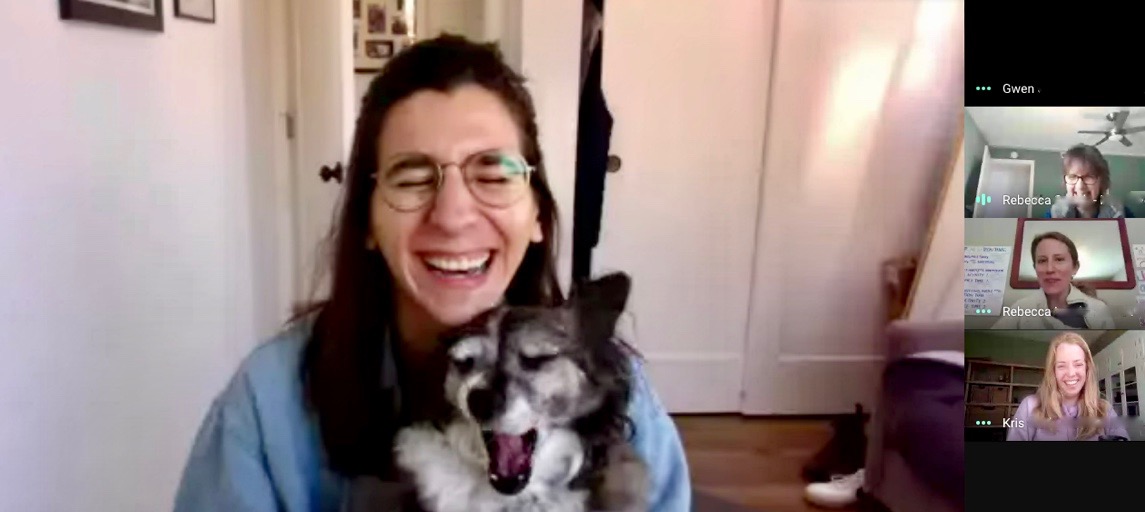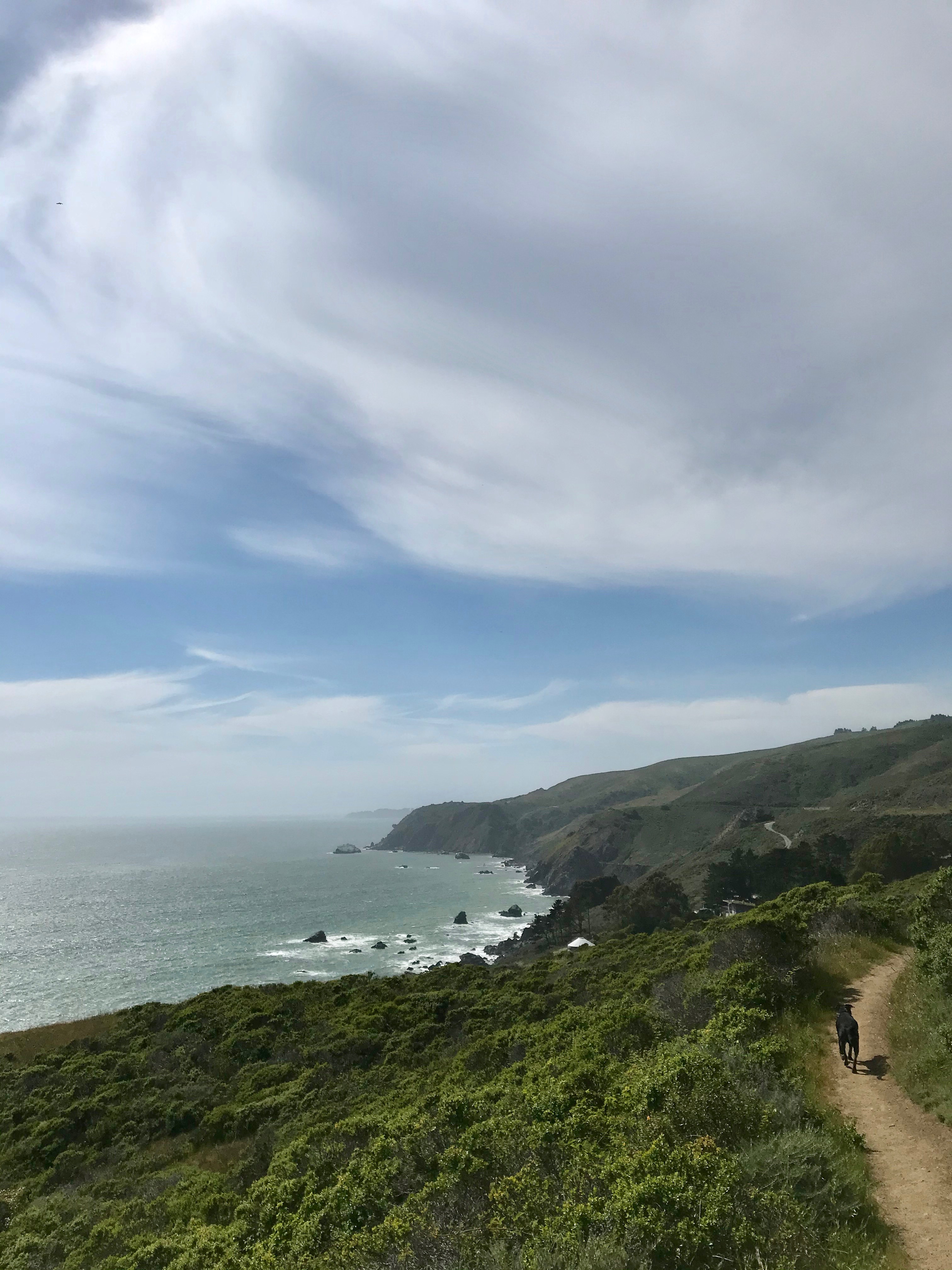In our line of work, you hear the word resilience a lot. Depending on who you ask, and in what context, resilience can be described in many different ways.
Around the West Coast Regional National Oceanic and Atmospheric Administration’s Office for Coastal Management (NOAA OCM), resilience is defined as “our ability to prevent a short-term hazard event from turning into a long-term community-wide disaster.” To not just react to the impacts but to actually bounce back and thrive.
How do we build coastal community resilience? By not only recognizing potential hazards in advance, but also understanding and working to address the vulnerabilities that may negatively impact recovery. OCM and its wide ranging partners help match the needs of coastal communities with resources including funding, technical expertise and training, and planning documents and tools in order to help them achieve their climate resilience goals.
But what happens when you cannot predict when a threat is headed your way? 2020 has been a (not so welcome) reminder that we cannot always see what is coming next. I never could have anticipated that a month into my fellowship I would be sent to work from home with no end in sight. But being resilient doesn’t mean you won’t encounter unexpected challenges and resiliency isn’t a character trait that only some possess. Just like any skill-building, resilience takes time and intentionality. It can look different to everyone, but there are a few common threads that can help you build and maintain resilience:
1. Lean on your support network
 Just as our coastal communities cannot achieve their resilience vision without strong, reliable partnerships, you need to lean on others to remind yourself you are not alone. By building and maintaining connections with my new colleagues at NOAA and our cohort of California Sea Grant state fellows, my sense of community still feels strong.
Just as our coastal communities cannot achieve their resilience vision without strong, reliable partnerships, you need to lean on others to remind yourself you are not alone. By building and maintaining connections with my new colleagues at NOAA and our cohort of California Sea Grant state fellows, my sense of community still feels strong.
2. Work toward your goals
A shared vision of long-term economic and environmental health between community members, local and county departments, and regional leaders ensures that everyone is working toward a common and worthwhile goal. Developing some realistic projects to focus on during this time, both personal and professional, can keep you occupied and looking to the future when life at home has you feeling a bit stuck.
3. Focus on wellness
 A hazard mitigation plan, local coastal programs, adaptation planning—these are the California coastline’s versions of self-care. There is no one right or wrong way to practice self-care—all that matters is you find things that work for you and do them consistently. It’s easy to lose some structure in your life when you’re working from home but maintaining healthy habits and focusing on wellness can reduce stress and keep your mind feeling tough.
A hazard mitigation plan, local coastal programs, adaptation planning—these are the California coastline’s versions of self-care. There is no one right or wrong way to practice self-care—all that matters is you find things that work for you and do them consistently. It’s easy to lose some structure in your life when you’re working from home but maintaining healthy habits and focusing on wellness can reduce stress and keep your mind feeling tough.
4. Embrace a positive mindset
Our coastal communities, and their hardworking planners and managers, are facing very real challenges and threats every day as they work towards a sustainable future. They do not let one (or many) stressful events slow them down, and they remain optimistic that their hard work will continue to pay off. Maintaining a sense of hope, even when life feels difficult, can change your outlook. Remembering that your efforts during this time matter will lead you toward your resilient future and allow you to stay strong through this challenging year.
Coastal communities are facing ever-changing hazards and threats, only some of which we can predict. NOAA OCM continues to provide guidance and assistance to communities as they work to address the shifting climatic conditions that are impacting our coastlines every day. 2020 has reminded me that on a personal level, I have to work to ensure that I am ready for whatever curveball life sends my way. Staying focused on my purpose and goals, reaching out to my support system, focusing on wellness, and finding humor and fun in my day to day life has ensured I can continue to see myself as resilient no matter what.



